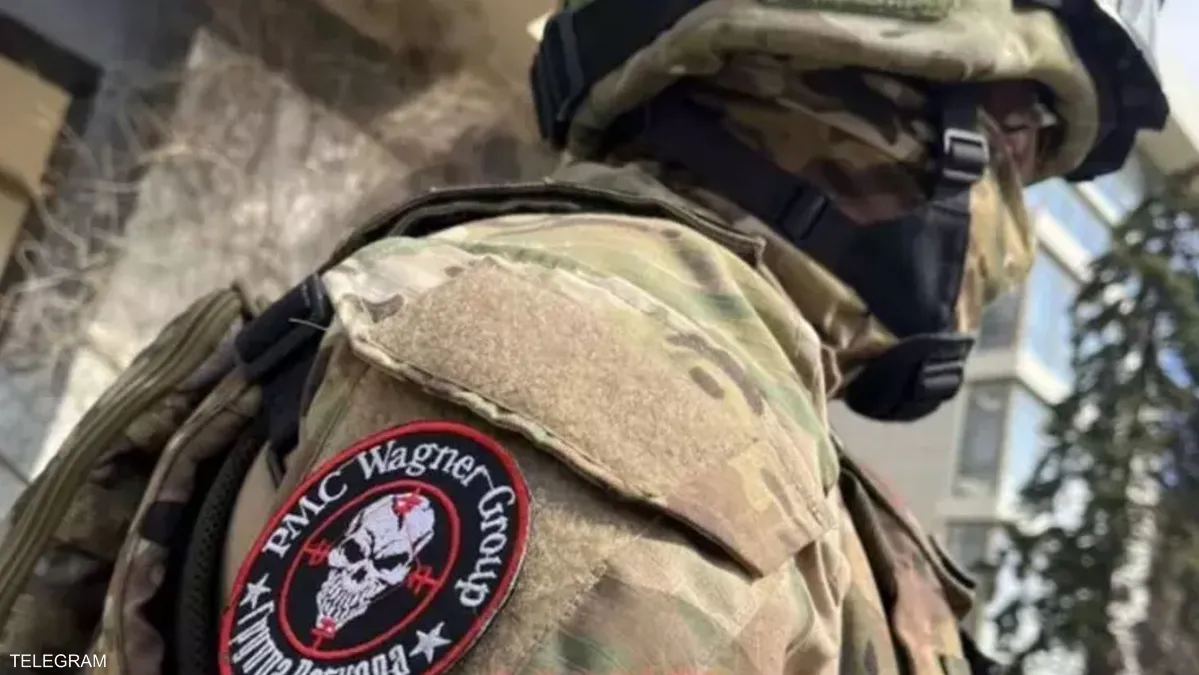With France reducing its role in the Sahel region, Algeria has stepped in to fill a potential security vacuum in Mali, given the long stretch of borders between the two countries. Mali’s proximity to Algeria and its effect on Algerian national security led President Tebboune to describe the relations between the two countries as strategic on numerous occasions. The Algerian presidenthas recently criticized the presence of the Russian militaryWagner Group in Mali, arguing that the funds spent on financing its presence could be better spent on more important economic ventures there.
President Tebboune, in an interview with the French publication Le Figaro on the 30th of December, argued that terrorism was not in his view the most important threat to the region, as terrorist organizations can be defeated. His biggest worry is that the populations of the region could fall into despair, noting that the solution is 80% economic and 20% security based. President Tebboune’s analysis of the situation went beyond criticizing the military council in Mali, and the Wagner Group’s presence there. He argued that the solution to the situation in Mali could have been better addressed byimplementing the Algeria Accord of 2015. Had Algeria found support in implementing this agreement, the situation in Mali would not be what it is today.
Algeria’s vision
Algeria has a number of motivations in wishing to limit the presence and role of the Wagner Group in Mali, including:
Enhancing Algeria’s role in Mali. Algeria is trying to fill thesecurity void left by the withdrawal of French forces. Its role in Mali is predicated on the agreement concluded in 2015 between the Azwad tribes, inhabiting the unstable region of northern Mali, and the central government in Bamako . Algeria’s long borders with Mali to the south extend to over 1376 km, and it has social and ethnic ties with northern Mali.
Concerns regarding Wagner’s presence in Libya. Algeria views the situation in Libya as impacting its national security,given the proximity of Libya’s western borders to Algeria, and the effect unrest in Libya can have on its own security. Algeria is not pleased with Wagner’s presence in Libya, or its involvement with a faction not supported by Algeria, namelythat headed by Field Marshal Khalifa Haftar. The Algerian President’s criticism of the Wagner group’s presence in Mali is therefore a message to Moscow regarding Algeria’s displeasure regarding the group’s role in Libya.
Messages to the US and France. It is no coincidence that the Algerian President’s comments regarding the Wagner’s Group presence in Mali came shortly after the US blacklistedWagner, paving the way for sanctioning it. Moreover, it came following a meeting with the French Interior Minister Gerald Dar Manan, the 18th of December, after which the latterdeclared that there was a new chapter in relations between Algeria and France. Algeria is therefore also sending a message to France, regarding the centrality of Algeria’s role in controlling tensions in Mali. This will be central to securingFrench investments in neighboring Niger, especially in Uranium.
Highlighting Algeria’s importance in energy security.Algeria seeks to take advantage of the current energy crisis to make strategic gains, in the form of its project to transport Nigerian gas, with a pipeline passing through several countries in the Sahel region, including as Mali, ending in Algeria. It aims to play the central role in securing this route.
Algerian ambitions of securing its influence and interests in the Sahel region, through several major regional projects, collides with Russia’s presence. Russia has beenstrengthening its diplomatic, military, and even economic presence in the Sahel region. This is a matter of concern for Algeria, which is using a soft power, but effective approach in advancing its influence. Algeria’s stance towards Mali may be the first consequence of the new understanding with France, that will give Algeria the pivotal role in future arrangements regarding the Sahel region.
A Flexible Balance
Algeria’s interest in the crisis in Mali is a natural result of the deteriorating security situation on the border between the two countries, which is in the strategic southern depth of Algeria. This has made it a hotbed of terrorist activities and illegal trade. The Algerian position on the crisis in Mali appears to be an implementation of the vision that rejects any action that could cause further unrest and increase the security and humanitarian challenges in that country, which would impactthe Algerian interior through the southern borders.
In addition, Algeria appears to be searching for new mechanisms to enhance its role in the Sahel region. The region is considered the most likely to witness an Algerian military presence, as constitutional amendments have been passed allowing for the first time the deployment of Algerian armed forces outside the country’s borders.
Algeria is therefore striving to reach a “flexible balance” with all the regional and international parties active in the Sahel region as a whole, and in particular those involvedin Mali. Algeria’s critical stance towards the role of theWagner group, while in line with the US positions, and part of efforts to improve relations with Paris, should not be understood as undermining the strength of Algerian-Russian relations. It is primarily an attempt by Algeria to position itself in the Sahel region more effectively.

